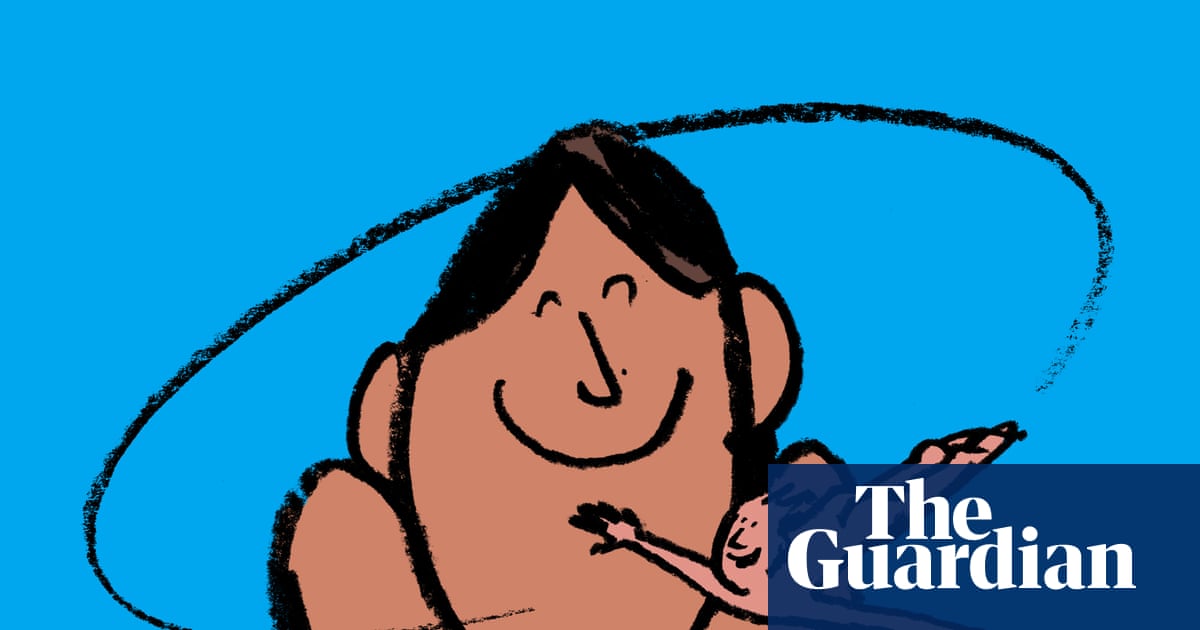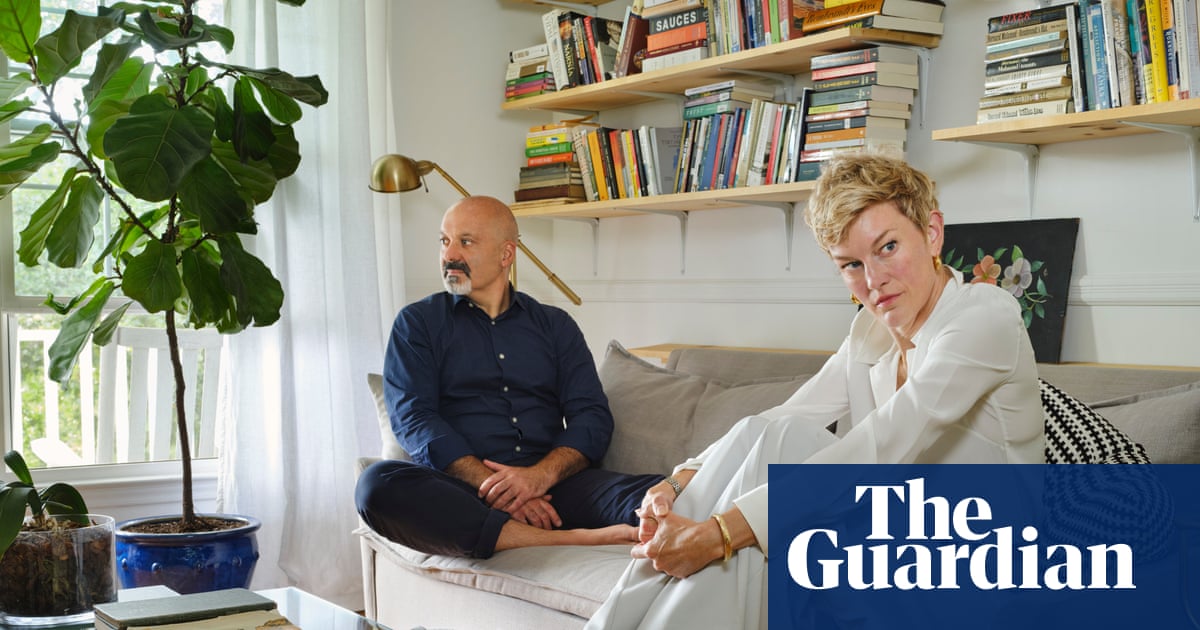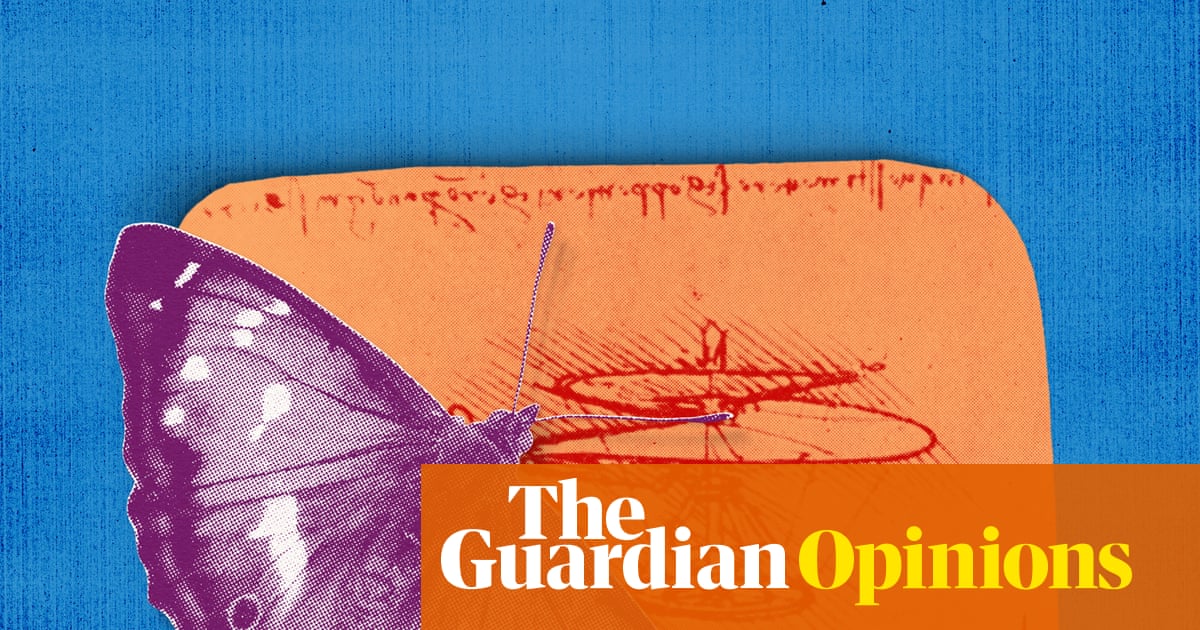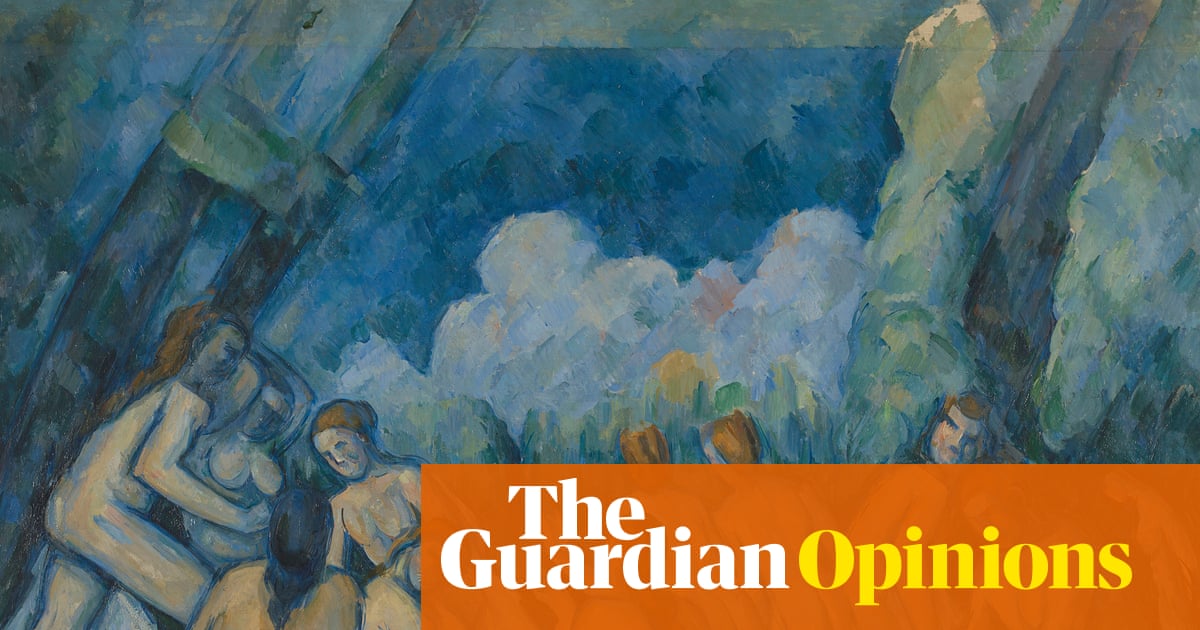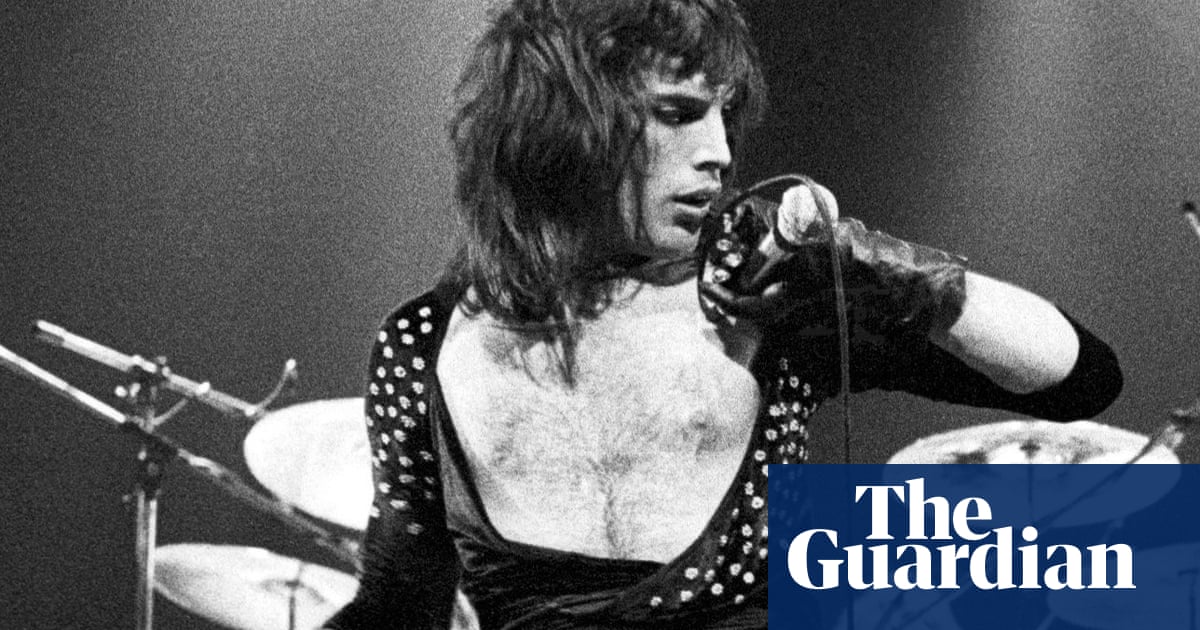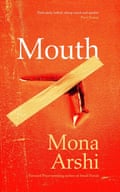
Mouth by Mona Arshi (Chatto & Windus, £12.99)
We open with Mouthed, a hideous image of forced speech in which a tongue is bitten out, a head hacked off. The stakes for language here – who is allowed to bear witness, and who is not – are high. The book’s opening section also includes scenes of near drowning, parental bullying, breakages, loss and childish torturing of animals. Only gradually do we realise we’re being prepared for the second section, Palace, in which Antigone mourns the death of her brother; as the poet mourns the brother who is her book’s dedicatee. This vivid collection forces us to witness the violence inherent in grief. Mourning may be socially inconvenient; Mouth opens up some of the space it needs. But by the end of the book, set at Cley nature reserve, bereavement has been neither resolved nor made tenable.
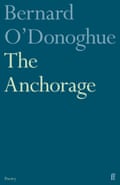
The Anchorage by Bernard O’Donoghue (Faber, £12.99)
These masterly portraits of rural Irish farming life, and of community life in Oxford, explore place, time and belonging; they are full of human feeling, yet never sentimental. Walking the Land tells how the family farm was sold off, “that cold March of 1962”, and lovingly lists old field names that mean nothing to the “shrewd and thoughtful men” lining up to buy it. In the title poem’s study in neighbourliness, “all the farmers in the parish” rally round to replace a year’s hay harvest lost in a barn fire. Such interconnected kindness matters, O’Donoghue shows us, yet cannot “repair the loss” of the chained dog burned along with the barn. A collection valedictory in tone and full of dedications, homages and memories reminds us that, after the craic is over, we will all be “free to pack up and make for home”.
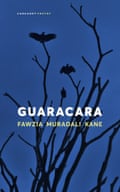
Guaracara by Fawzia Muradali Kane (Carcanet, £12.99)
Kane is also an architect, so it’s no surprise that place and its meanings are central to her new collection. Guaracara is named for the river in south Trinidad where her title sequence of prose poems is set. These compelling snapshots from a rural childhood spent between that “iridescent, slow moving” polluted river, a railway, and a shanty town known as The Line, show us the strangeness of living under quarantine in a different epidemic: the polio that “closed the islands down in 1971 and ’72”. A dreamlike sense of normality suspended, as well as of childhood’s intrinsic strangeness, pervades the collection. A feeling of nightmare is used to fierce political effect in the book’s central sequence, Let Us Mourn the Death of King Sugar, which addresses plantation history in the author’s native Trini Creole.

Bunting’s Honey by Moya Cannon (Carcanet, £11.99)
Cannon is an artist of delicacy and detail. Her seventh collection returns to Galway, where she’s spent much of her adult life. It’s a landscape of intimate knowledge: a “July meadow … the blurry, summery sway of it” in Monet in Árann, or hail showers “striding” across the horizon of a January dawn. But this isn’t sentimental nostalgia. Alongside glimpses of France, Italy and China, Cannon shows how the figures in her home landscape are shaped by violence, poverty and suffering; and grieves for her own family history. Illegitimacy and hiring fairs, starvation and emigration, workhouses and “the three girls in my year / who didn’t return to school”: she reminds us that, even among the “silver-rimmed” lochs and holy mountains, human suffering is the real story.
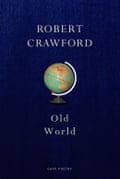
Old World by Robert Crawford (Jonathan Cape, £13)
Crawford’s first collection in seven years is a gallimaufry of literary games and allusions; it is also ecological poetry of great intelligence and sensitivity. Both are projects to wrench open our thinking about the climate crisis. Old World Emblems plays with font, turning classical archetypes – Sisyphus, Prometheus – literally inside out. Eliot’s The Waste Land structures The West Land, a lament for climate change. The medieval proverb that “measure is treasure” introduces an extinction reckoning; the title sequence’s 66 haiku count down the planet’s path to ecological destruction along with the 66 years of the poet’s life. Conspicuous among fresh and airy haiku, a prose hybrid Essaythalamium, addressed to a young couple, concludes that “life’s one lasting meaning” is love. Conventional religion may be an “Obsolete Broken Angel”, but the crucifix in the Anglo-Saxon Dream of the Rood can be reread as a living tree. Life, and poetry, do go on.
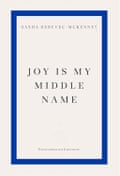
Joy Is My Middle Name by Sasha Debevec-McKenney (Fitzcarraldo, £12.99)
Among the first collections to be published by Fitzcarraldo, this debut fits the publisher’s often modernist and experimental house style in ways that feel refreshing for UK poetry. Titles such as THE STARS OF THE FAST & FURIOUS FRANCHISE HAVE A CLAUSE IN THEIR CONTRACTS THAT SAYS THEY CAN NEVER LOSE A FIGHT introduce poems that are themselves fast and furious. These are smash-and-grab raids on a North American life of creative writing programmes and “people … at the farmers’ market being very specific / about their mushroom selection”; of cold chicken wings for breakfast and statues to racist presidents. Sexy and exciting, they read like riffs and mug like rants: but, as this brainy poet grapples middle-class mores to the ground, they can also be extremely funny.

 2 months ago
36
2 months ago
36
